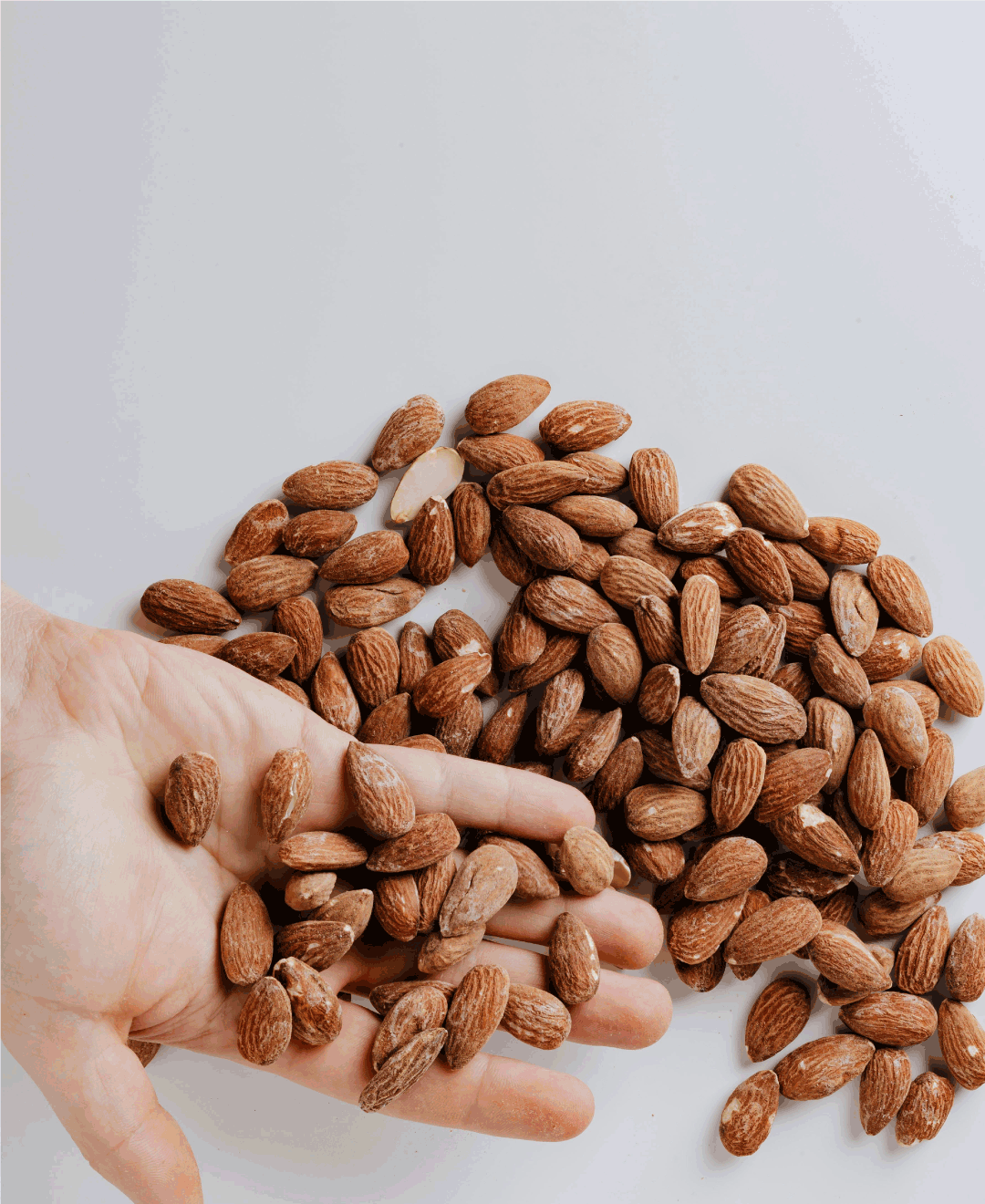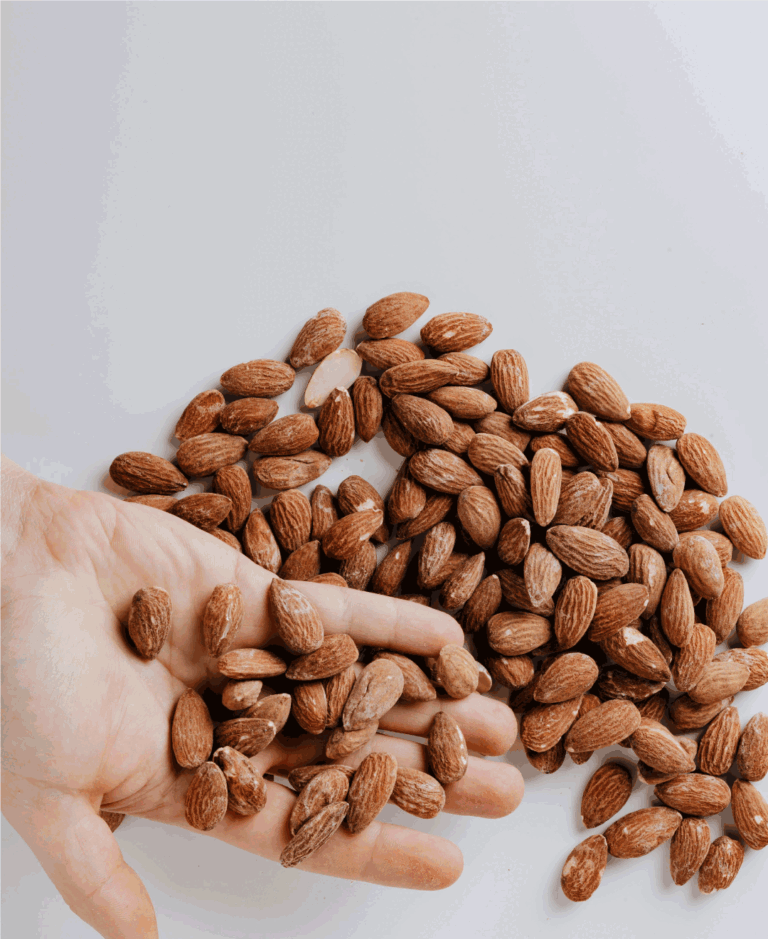
Not Including Nuts in Your Diet? Discover the Benefits They Offer to Your Health

Not Including Nuts in Your Diet? Discover the Benefits They Offer to Your Health
They say that consuming a handful of nuts can make a difference in your health, and they’re right! As long as you are not allergic to them of course. In this blog, we want to highlight the importance of these foods, their health benefits, and how to consume them to get the most out of them.
Nuts are not foods made from dehydrated or dried fruits. This food group, generally composed of seeds, includes foods with less than 50% water content; hence, their name.
The nut family includes the family of walnuts: common walnuts, pecans, pistachios, almonds, pine nuts, macadamias, hazelnuts, among others. Nuts are large seeds enclosed in hard shells. They are larger than legumes and also contain more lipids or oils.
Despite the great benefits that nuts provide, very few people consume even minimal amounts of these foods; in fact, some may consume less than a gram per day. Nowadays, it is recommended to include nuts in the diet because numerous studies have concluded that their consumption provides significant nutritional benefits. They are rich in proteins, fats, vitamins, and trace elements, all of which are essential for maintaining good health.
What are the health benefits?
- Antioxidant properties: they have a protective effect against cardiovascular diseases: consuming nuts is associated with decreased total cholesterol and LDL cholesterol.
- Anti-inflammatory power, as they not only provide fiber, protein, and healthy fats (such as Omega 3) but are also rich in polyphenols, plant compounds that protect the body from oxidative stress caused by free radicals, which are responsible for cellular damage that triggers inflammation.
- Reduce hunger and increase satiety, which helps to cut down on other foods that might not be suitable for weight loss goals or avoiding harmful food temptations. Additionally, nuts increase energy expenditure at rest — they accelerate metabolism.
- Rich in vitamins and minerals, although this varies depending on the type of nut consumed, in general, most nuts provide vitamins E and B, and easily absorbed minerals such as potassium, calcium, phosphorus, iron, and magnesium.
What is the best way to consume nuts?
The optimal way to consume nuts is in their raw form. While products like nut milk or butter, such as almond butter, are popular alternatives, they are not true substitutes for the whole nut. The differences between are significant:
In the form of milk or butter, as found in supermarkets, these products contain few actual nuts and are processed or ultra-processed. This means they have added chemicals to improve texture, flavor, and shelf life, which ultimately negatively impacts our health. Additionally, and perhaps most importantly, the process of turning nuts into a plant-based milk or butter completely changes their original structure. These changes destroy the food’s matrix, leading to nutrient loss and altering how our bodies assimilate them.
What about people with allergies?
One of the most common allergies is related to nut consumption, with prevalence ranging from 0.05% to 5% of the population. Our recommendation is to be very careful if you have this allergy, as it can be life-threatening. We advise consulting with an allergist and discussing with your healthcare professional whether you can opt for seeds only, such as flaxseeds, poppy seeds, sesame seeds, sunflower seeds, pumpkin seeds, and chia seeds . These seeds often share some of the nutritional benefits of nuts, as they are quite similar in their nutritional composition.




